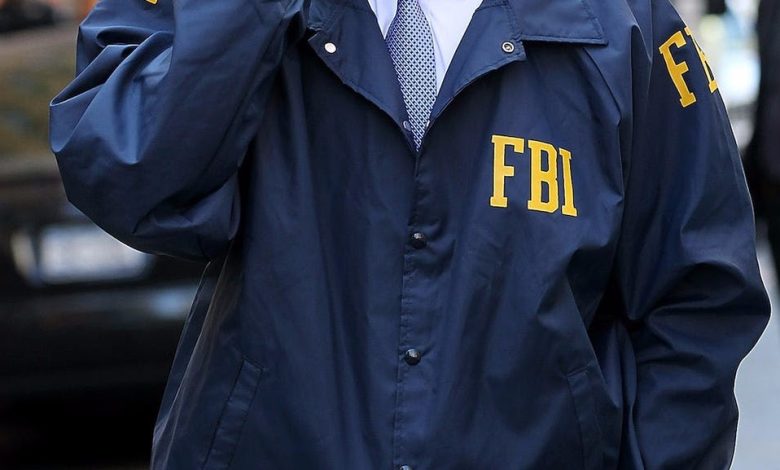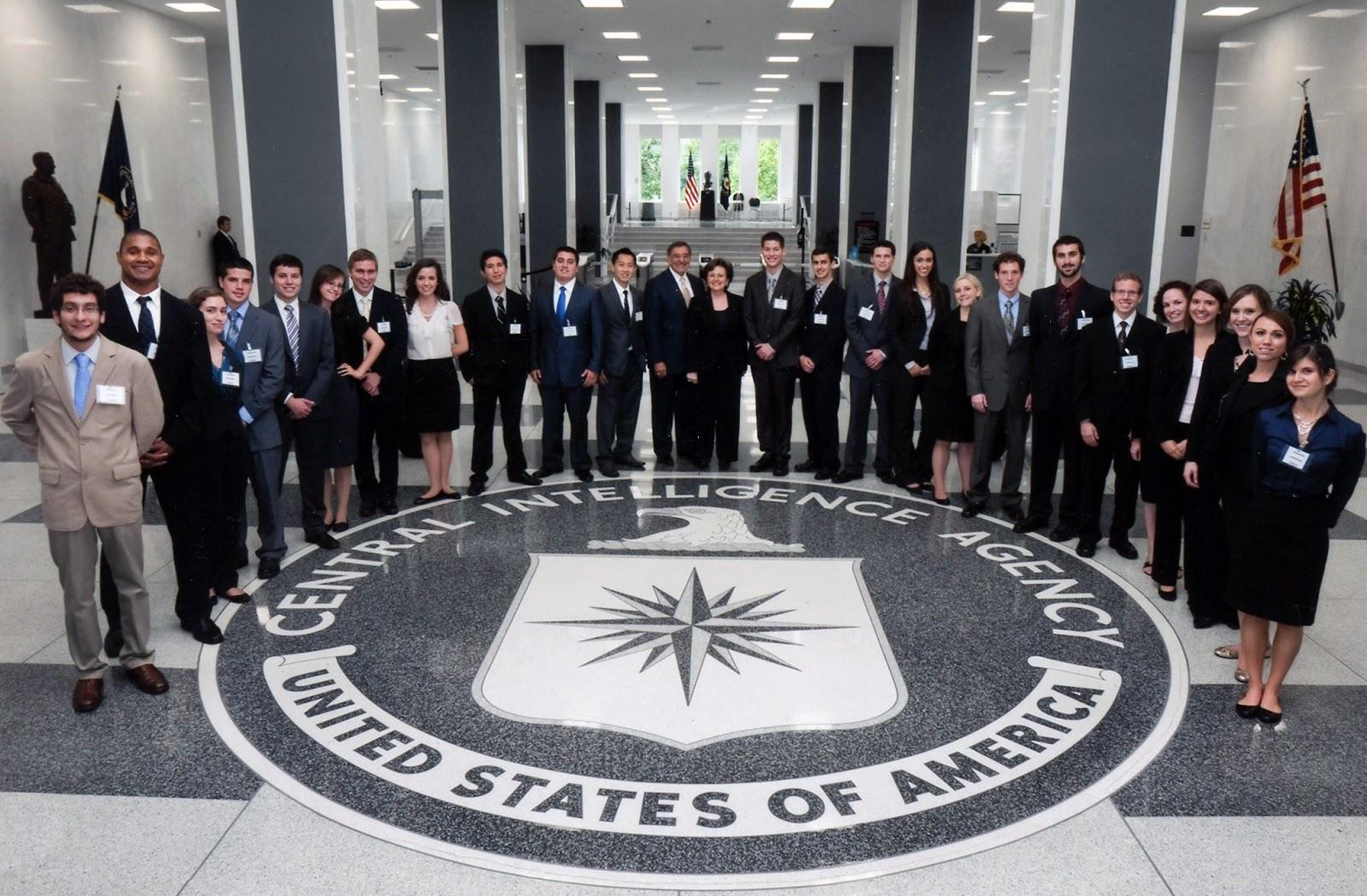Do Real-Life FBI and CIA Agents Match Movie Agents?

When it comes to spies and intelligence agencies, movies have often presented us with a thrilling and glamorous image, showcasing agents like James Bond who possess exceptional skills and navigate dangerous missions with ease. However, the question remains: do real-life FBI and CIA agents resemble their cinematic counterparts, and can they match the expertise of elite military units such as Navy SEALs or Special Ops? In this article, we will delve into the realities of FBI and CIA agents, exploring their roles, skill sets, and how they compare to the action-packed depictions seen on the silver screen.
In the world of movies and fiction, we are often captivated by the thrilling adventures of fictional spies like James Bond. These characters possess extraordinary skills, face dangerous missions, and always emerge victorious. This portrayal often leaves us wondering if real-life FBI and CIA agents are similar to their cinematic counterparts and whether they possess the same level of expertise as elite military units such as Navy SEALs or Special Ops. Let’s delve into this intriguing topic and explore the realities behind the silver screen.

Are There Real-Life Spies?
While the term “spy” may evoke images of secret agents working undercover with gadgets and glamorous lifestyles, the reality is more nuanced. Both the FBI (Federal Bureau of Investigation) and CIA (Central Intelligence Agency) employ professionals who gather intelligence, conduct investigations, and protect national security. However, their roles and responsibilities differ.
The FBI primarily operates within the United States, investigating federal crimes, preventing terrorism, and gathering intelligence related to national security. They specialize in areas such as counterintelligence, cybercrime, organized crime, and white-collar crimes. FBI agents undergo rigorous training and possess a wide range of skills to handle complex investigations and maintain law and order.
On the other hand, the CIA focuses on gathering intelligence outside the United States. Their primary role is to collect and analyze information to support the country’s national security interests. CIA officers work covertly in foreign countries, recruiting sources, gathering information, and assessing potential threats. They specialize in areas like human intelligence (HUMINT), signals intelligence (SIGINT), and geospatial intelligence (GEOINT).
Skill Sets of FBI and CIA Agents
While the job of real-life FBI and CIA agents may lack the high-octane action and glamorous lifestyles depicted in movies, they possess a wide range of skills essential to their roles.
FBI Agents:
- Investigation Techniques: FBI agents are trained in advanced investigative techniques, including evidence collection, surveillance, and witness interviewing. They are adept at analyzing complex cases and building strong legal cases.
- Forensic Expertise: FBI agents often work with forensic specialists to examine crime scenes, analyze evidence, and solve complex cases. They utilize cutting-edge technology and techniques to uncover hidden information.
- Intelligence Analysis: FBI agents excel at analyzing vast amounts of intelligence data, identifying patterns, and assessing threats. They play a crucial role in understanding and preventing criminal activities, including terrorism.
- Crisis Management: Given the diverse range of threats they face, FBI agents are trained to handle crises effectively. They possess crisis negotiation skills, tactical expertise, and the ability to collaborate with other agencies.
- Communication and Collaboration: FBI agents work closely with local, state, and international law enforcement agencies. Effective communication and collaboration are vital for sharing intelligence and coordinating operations.
CIA Officers:
- Covert Operations: CIA officers specialize in conducting covert operations abroad. They are trained in espionage techniques, including surveillance, clandestine communication, and intelligence gathering without detection.
- Language and Cultural Skills: Due to their international focus, CIA officers often possess expertise in foreign languages, cultures, and customs. These skills enable them to blend into foreign environments and gather valuable intelligence.
- Analysis and Reporting: CIA officers analyze complex information from various sources to produce intelligence reports. They provide policymakers with accurate assessments of foreign situations, which inform decision-making processes.
- Recruitment and Handling of Sources: CIA officers are skilled at identifying potential sources of intelligence and recruiting them. They establish and maintain relationships with sources to gather critical information.
- Technical Expertise: In an increasingly digital world, CIA officers leverage technological tools for intelligence gathering and analysis. They receive training in areas such as cyber intelligence and digital forensics.

Comparable Skills: FBI/CIA vs. Navy SEALs/Special Ops
While both FBI/CIA agents and Navy SEALs/Special Ops personnel operate in high-pressure environments, their skill sets and missions differ significantly. FBI and CIA agents focus on intelligence gathering, investigations, and maintaining national security, whereas Navy SEALs and Special Ops specialize in direct action, counterterrorism, and unconventional warfare.
Navy SEALs and Special Ops personnel undergo intense military training, equipping them with skills such as combat tactics, weapons proficiency, and specialized training in areas like parachuting, diving, and demolitions. They excel in physically demanding operations, often in hostile environments.
In contrast, FBI and CIA agents emphasize investigative skills, intelligence analysis, and covert operations. Their expertise lies in gathering information, uncovering criminal activities, and preventing threats to national security. While they may not have the same combat-focused training as Navy SEALs and Special Ops, their specialized knowledge is invaluable in counterintelligence and protecting the country’s interests.
FAQ
1. Are real-life FBI and CIA agents as glamorous and skilled as portrayed in movies like James Bond?
While movies often depict FBI and CIA agents in a glamorous and highly skilled manner, the reality is somewhat different. Real-life agents do not have the same extravagant lifestyles or access to futuristic gadgets as their cinematic counterparts. Their work is characterized by diligence, professionalism, and dedication to national security. While they possess a wide range of skills and undergo rigorous training, their daily responsibilities involve gathering intelligence, conducting investigations, and collaborating with other law enforcement agencies to ensure public safety.
2. Do FBI and CIA agents participate in combat operations like Navy SEALs or Special Ops?
FBI and CIA agents primarily focus on intelligence gathering, investigations, and counterintelligence efforts rather than engaging in direct combat operations. Their expertise lies in areas such as intelligence analysis, evidence collection, surveillance, and crisis management. While they may collaborate with military units on certain operations, their roles typically differ from those of Navy SEALs or Special Ops personnel, who specialize in combat, counterterrorism, and unconventional warfare.
3. What kind of training do FBI and CIA agents undergo?
FBI and CIA agents undergo extensive training to prepare them for their respective roles. FBI agents attend the FBI Academy, where they receive comprehensive instruction in various investigative techniques, legal procedures, firearms training, and physical fitness. They also participate in specialized training programs focused on specific areas like counterterrorism or cybercrime.
CIA officers undergo rigorous training at the CIA’s training facility, known as “The Farm.” This training includes a combination of classroom instruction, practical exercises, and simulated scenarios designed to develop their skills in intelligence gathering, covert operations, analysis, and language proficiency.
4. How do FBI and CIA agents gather intelligence?
FBI and CIA agents employ different methods to gather intelligence based on their jurisdiction and operational focus. FBI agents gather intelligence through sources, informants, surveillance, and data analysis. They work closely with local law enforcement agencies and utilize various investigative techniques to uncover evidence and build cases.
CIA officers gather intelligence primarily through human intelligence (HUMINT) sources, which involves recruiting and handling individuals with access to valuable information. They may also employ signals intelligence (SIGINT) and other technical means to collect information from abroad. The intelligence gathered by FBI and CIA agents is analyzed and disseminated to relevant stakeholders to inform decision-making processes.
5. What are some specialized units within the FBI and CIA?
Within the FBI, there are specialized units dedicated to specific areas such as counterterrorism, cybercrime, organized crime, and white-collar crime. These units consist of agents with specialized training and expertise in their respective fields. For example, the Hostage Rescue Team (HRT) is a highly skilled tactical unit within the FBI that handles hostage situations and other high-risk incidents.
The CIA also has specialized units, such as the Special Activities Center (SAC), responsible for covert operations and paramilitary activities. These units conduct operations overseas to gather intelligence and support national security objectives.
6. How do FBI and CIA agents collaborate with other agencies?
Collaboration between FBI and CIA agents and other agencies is essential for effective information sharing and coordinated efforts to ensure national security. Both agencies work closely with local, state, and international law enforcement agencies, as well as intelligence community partners.
FBI agents collaborate with agencies such as the Drug Enforcement Administration (DEA), Bureau of Alcohol, Tobacco, Firearms and Explosives (ATF), and Immigration and Customs Enforcement (ICE) on investigations that intersect with their respective jurisdictions. They also partner with international law enforcement agencies through mutual legal assistance treaties and other cooperative arrangements.
CIA officers collaborate with other intelligence agencies, both within the United States and internationally, to share information, coordinate operations, and align efforts to address global threats. This collaboration extends to agencies such as the National Security Agency (NSA), Defense Intelligence Agency (DIA), and foreign intelligence services.
7. Are FBI and CIA agents allowed to carry weapons?
FBI agents are authorized to carry firearms as part of their duties. They undergo extensive training in firearms proficiency and use of force. However, the decision to carry firearms in specific situations depends on the circumstances and operational requirements.
CIA officers, on the other hand, may carry firearms when operating in certain high-risk environments or when the situation necessitates it. Their use of firearms is governed by strict rules of engagement and operational protocols.
8. Can FBI and CIA agents operate outside the United States?
While the FBI primarily operates within the United States, FBI agents may travel internationally as part of investigations or when collaborating with foreign law enforcement agencies. However, their jurisdiction and operational focus remain primarily domestic.
CIA officers, on the other hand, operate globally and are stationed in various countries around the world. They conduct intelligence operations abroad, gather information, recruit sources, and work to protect national security interests beyond U.S. borders.
9. Do FBI and CIA agents work undercover?
Both FBI and CIA agents may work undercover in certain situations. Undercover operations allow agents to infiltrate criminal organizations or gather intelligence without revealing their true identities. Working undercover requires specialized training and the ability to maintain cover stories while operating in challenging and potentially dangerous environments.
10. How do FBI and CIA agents handle classified information?
FBI and CIA agents are entrusted with handling classified information in their respective roles. They receive training in security protocols, including the proper handling, storage, and dissemination of classified materials. Violations of security protocols can result in serious consequences, including disciplinary actions and legal consequences. The safeguarding of classified information is crucial to protecting national security interests.
Conclusion
In conclusion, while Hollywood often embellishes the lives of spies and intelligence agents, real-life FBI and CIA professionals fulfill critical roles in ensuring national security. While they may not engage in combat operations like Navy SEALs or Special Ops personnel, their expertise lies in intelligence gathering, investigations, and protecting the interests of their respective countries. With specialized training and a commitment to their mission, these agents possess valuable skills in analyzing complex information, managing crises, and collaborating with other law enforcement agencies. While the excitement of cinematic spies may captivate our imaginations, the dedicated work of FBI and CIA agents remains essential in the ever-evolving landscape of global security.








2 Comments